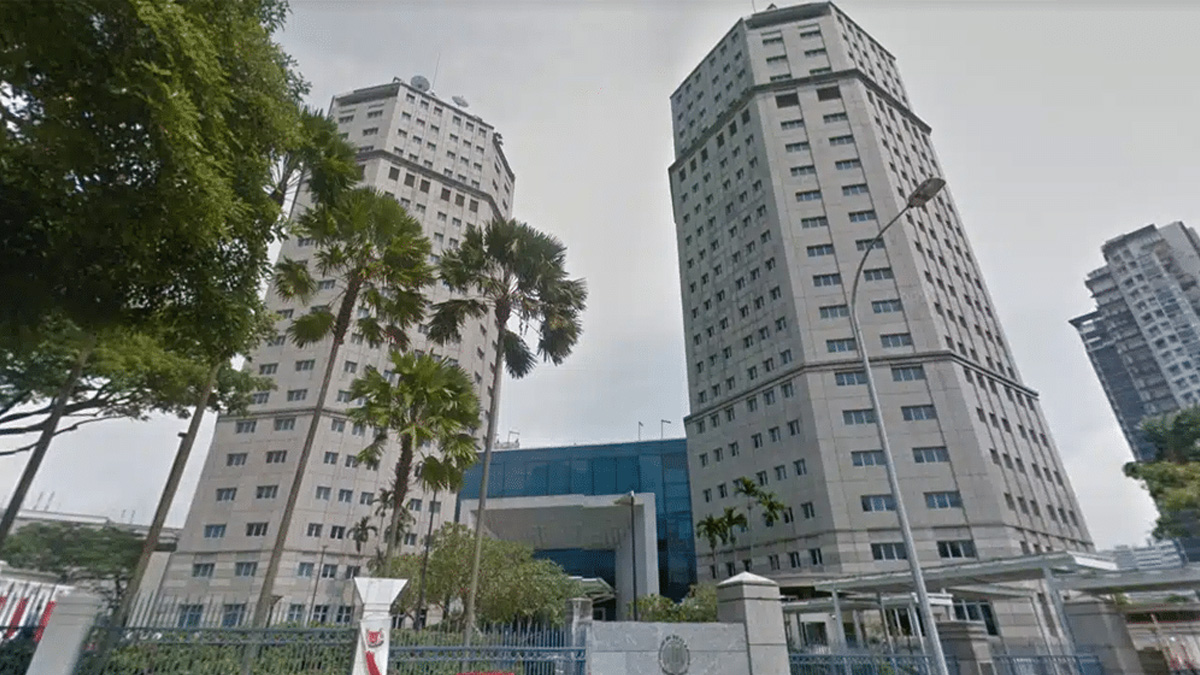Singapore to introduce caning for scammers and syndicate members under proposed laws
A new Bill introduced in the Singapore Parliament proposes mandatory caning for scammers and scam syndicate members, as well as discretionary caning for scam mules, as part of efforts to curb the country’s growing scam epidemic.

- Mandatory caning of up to 24 strokes proposed for scammers and syndicate recruiters.
- Discretionary caning of up to 12 strokes proposed for scam mules providing access or assets.
- Bill also introduces tougher penalties for sexual offences, doxxing, and abuse of vulnerable persons.
Singapore is set to introduce sweeping changes to its criminal laws, including mandatory and discretionary caning for scam-related offences, in response to rising losses and the evolving nature of cyber-enabled crimes.
On 14 October 2025, the Criminal Law (Miscellaneous Amendments) Bill was tabled in Parliament. A key feature is the proposal to impose mandatory caning of at least six strokes, up to 24, on scammers and recruiters in scam syndicates.
The Bill also proposes discretionary caning of up to 12 strokes for scam mules—those who supply their Singpass credentials, SIM cards or bank accounts to be used in scams. Courts will determine whether caning is warranted in such cases.
This follows remarks made in March during the Ministry of Home Affairs’ (MHA) budget debate, when then Minister of State Sun Xueling stated the Government was considering caning for certain scam offences.
According to MHA, Singapore has lost over S$3.4 billion to scams since 2019. A record S$1.1 billion was lost in 2024, and more than S$600 million has already been reported as lost as of end August 2025.
MHA emphasised that fighting scams remains a top national priority, citing the persistent scale of losses and complexity of syndicate networks.
Wider amendments to caning offences
The Bill also initiates a comprehensive review of caning laws. Presently, 161 offences carry the possibility of caning, of which 65 mandate it.
Following the review, MHA proposes removing or making caning discretionary for 22 offences.
Caning may be removed entirely for outdated offences, such as blocking train carriages under the Railways Act, which no longer pose significant public concern.
Offences such as extortion and carrying offensive weapons in public will have caning made discretionary.
Stricter measures for sexual offences and obscene content
The Bill proposes significant reforms concerning sexual offences, particularly regarding obscene material and child-related offences.
MHA seeks to decriminalise consensual sexting between adults, while raising the bar for child-related offences by extending protections to minors below 18, up from the current threshold of 16.
New offences will specifically criminalise the generation and circulation of deepfake or AI-generated pornographic content involving children or non-consenting individuals. Though current laws already cover such acts in practice, the amendments aim to provide clarity amid evolving technologies.
To address mass electronic circulation, the Bill introduces a new offence targeting those who set up or manage platforms such as Telegram groups or websites facilitating widespread sharing of obscene content.
Offenders in such cases may face up to five years’ jail and fines, or seven years if the content involves minors under 18.
Penalties will also be enhanced for those who circulate obscene content to 10 or more people, considered large-scale circulation.
A notable precedent is the SG Nasi Lemak Telegram case, where explicit images of Singaporean women were shared with over 44,000 users. MHA noted that current penalties were insufficient to address such egregious misconduct.
Expanded extraterritorial reach for sexual grooming
The Bill also extends Singapore’s jurisdiction to sexual grooming offences planned or committed overseas when either party travels from Singapore.
This change aligns with Singapore’s extraterritorial approach to drug crimes, treating the act as if it occurred within the country’s borders.
Maximum penalties for grooming offences will also be raised:
-
Up to seven years’ jail if the victim is under 14 (up from four years).
-
Up to five years’ jail if the victim is between 14 and 17 (up from three years).
Harsher punishment for fatal abuse and youth offenders
For cases involving the fatal abuse of vulnerable individuals, the maximum sentence will be increased from 20 years to life imprisonment or 30 years’ jail.
In addressing youth crime, the Bill will allow serious or repeat youth offenders to be transferred to the State Courts or High Court, rather than being dealt with in Youth Courts.
This enables the imposition of deterrent punishments, such as imprisonment, reformative training, and in some cases, caning.
Doxxing of public servants and other legal refinements
The Bill also seeks to enhance protection for public servants by criminalising doxxing even if no actual harassment is proven, provided the intent to harass is established.
Further, doxxing combined with falsehoods will be punishable by up to three years’ jail and fines up to S$10,000.
Another amendment concerns dealers in precious metals, who will now face a five-day waiting period before melting, defacing, or altering goods, up from three days. Registration requirements under outdated legislation will be repealed.
A modernised and deterrent approach to criminal justice
According to MHA, the legislative package reflects the Government’s ongoing effort to keep criminal laws updated, ensuring they remain effective, proportionate and responsive to new forms of crime.
The ministry said: “We are determined to maintain a safe and secure Singapore, where people have confidence in our criminal justice system, and where criminals have no refuge and are deterred from committing crime.”
The proposed Bill will now be debated further, with the Parliament sitting set for November.











